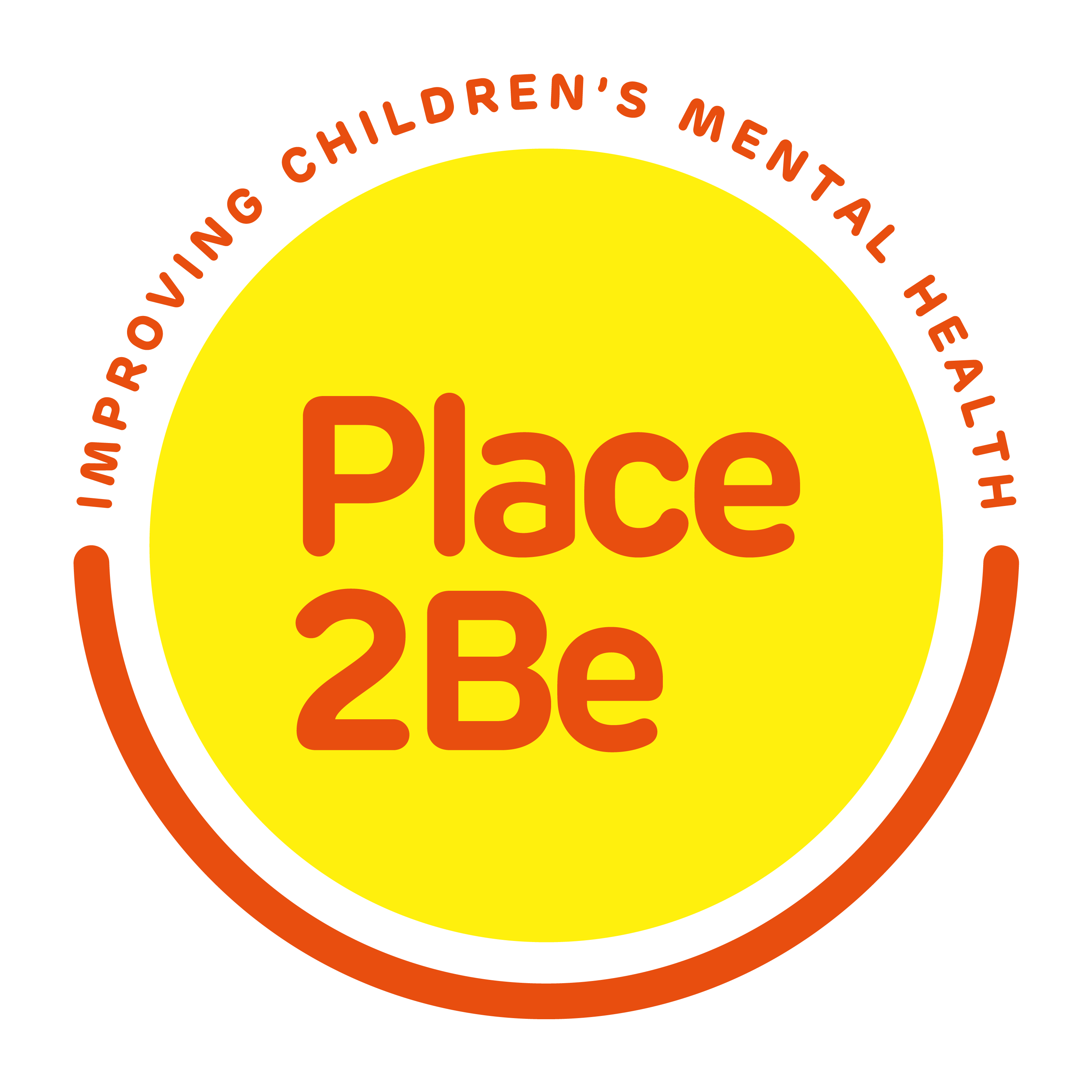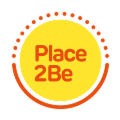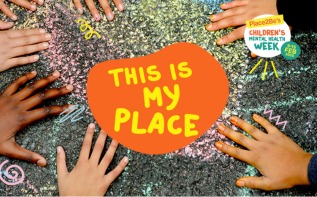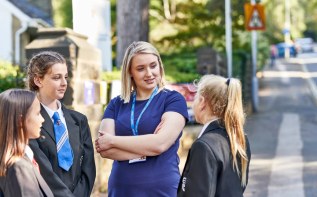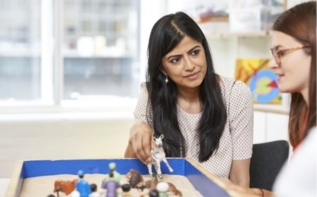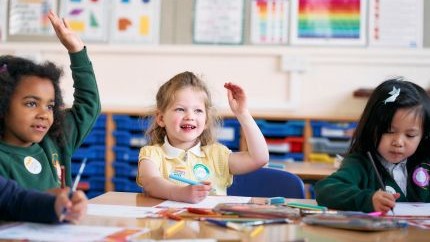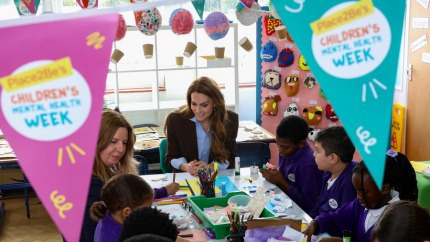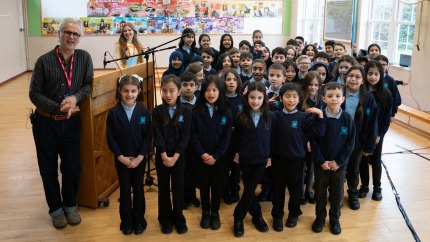Place2Be partners with the University of Stirling to help student teachers create mentally healthy classrooms
Place2Be and the University of Stirling have announced a new partnership which will help student teachers learn about and support mentally healthy classrooms and schools.
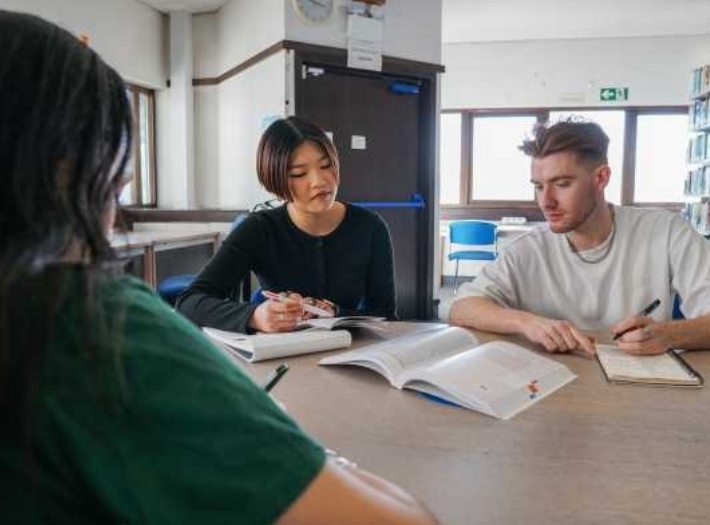
The partnership, announced this week, will see a Place2Be clinician working with students to equip them as they begin their career in teaching.
Place2Be Clinician Aisling Vorster will help student teachers develop their capacity for wellbeing and reflection, and to support children and young people’s mental health in the classroom. Over the duration of their studies, Aisling will help student teachers to understand the communication underlying young people’s behaviours and responses, and to manage the challenges of a classroom, ultimately working towards mentally healthy teachers and classrooms.
The programme features Place2Think sessions, offering a unique reflective space for student teachers to consider the impact of their pupils' mental health and wellbeing on their teaching practice. This allows students to build both their skills as a teacher and their own emotional and professional resilience, preparing them for a career in the classroom.
The University of Stirling’s undergraduate teaching programme has around 800 students across primary, secondary and physical education pathways.
This partnership grows on Place2Be’s work with student teachers at the University of Glasgow and Moray House School of Education and Sport, University of Edinburgh, meaning that Place2Be is now supporting a third of all student teachers in Scotland.
